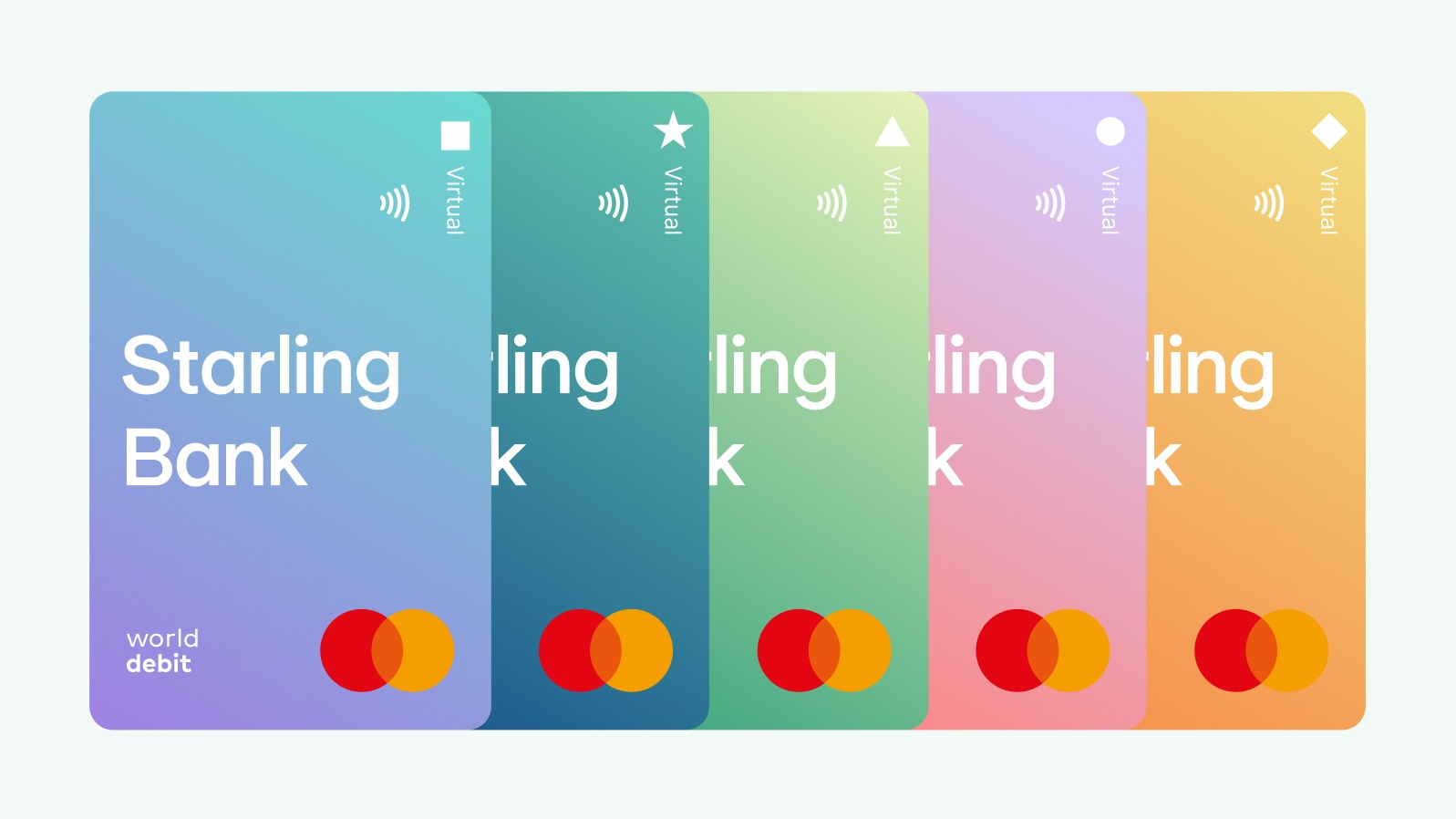Global financial messaging network Swift has announced plans to enable central and commercial banks to conduct live trials of digital currency and asset transactions starting in 2025, marking a significant step towards integrating digital assets into the mainstream financial system.
Swift said the trials will demonstrate its capability to facilitate the movement of tokenised value across multiple blockchain networks and connect central bank digital currencies (CBDCs) globally through a single access point. Initial use cases will focus on payments, foreign exchange, securities and trade, enabling multi-ledger transactions.
The move comes as the digital asset landscape continues to evolve rapidly, with 134 countries currently exploring CBDCs and the tokenised asset market projected to reach $16 trillion by 2030. However, the growth of unconnected platforms has created what Swift describes as 'digital islands', posing a barrier to widespread adoption.
Tom Zschach, chief innovation officer at Swift, highlighted the importance of seamless integration between traditional and digital assets: "For digital assets and currencies to succeed on a global scale, it's critical that they can seamlessly coexist with traditional forms of money. With Swift's vast global reach we are uniquely positioned to bridge both emerging and established forms of value."
The cooperative, which connects more than 11,500 financial institutions across over 200 countries and territories, aims to leverage its existing infrastructure to enable its members to transact using both digital and traditional assets through their current systems.
Earlier this month, Swift joined Project Agorá, a Bank for International Settlements initiative exploring the integration of tokenised commercial bank deposits and wholesale CBDCs on a unified platform.
The trials represent a significant development in Swift's digital asset strategy, building on previous successful demonstrations of tokenised value transfers across various blockchain networks. By providing a unified window for accessing multiple digital asset classes and currencies, Swift aims to reduce fragmentation in the digital asset ecosystem while maintaining the security and reliability that underpins global financial flows.
Latest News
-
Gemini to cut quarter of workforce and exit UK, EU and Australia as crypto slump forces retrenchment
-
Bank ABC’s mobile-only ila bank migrates to core banking platform
-
Visa launches platform to accelerate small business growth in US
-
NatWest to expand Accelerator programme to 50,000 members in 2026
-
BBVA joins European stablecoin coalition
-
eToro partners with Amundi to launch equity portfolio with exposure to ‘megatrends’
Creating value together: Strategic partnerships in the age of GCCs
As Global Capability Centres reshape the financial services landscape, one question stands out: how do leading banks balance in-house innovation with strategic partnerships to drive real transformation?
Data trust in the AI era: Building customer confidence through responsible banking
In the second episode of FStech’s three-part video podcast series sponsored by HCLTech, Sudip Lahiri, Executive Vice President & Head of Financial Services for Europe & UKI at HCLTech examines the critical relationship between data trust, transparency, and responsible AI implementation in financial services.
Banking's GenAI evolution: Beyond the hype, building the future
In the first episode of a three-part video podcast series sponsored by HCLTech, Sudip Lahiri, Executive Vice President & Head of Financial Services for Europe & UKI at HCLTech explores how financial institutions can navigate the transformative potential of Generative AI while building lasting foundations for innovation.
Beyond compliance: Building unshakeable operational resilience in financial services
In today's rapidly evolving financial landscape, operational resilience has become a critical focus for institutions worldwide. As regulatory requirements grow more complex and cyber threats, particularly ransomware, become increasingly sophisticated, financial services providers must adapt and strengthen their defences. The intersection of compliance, technology, and security presents both challenges and opportunities.
© 2019 Perspective Publishing Privacy & Cookies













Recent Stories